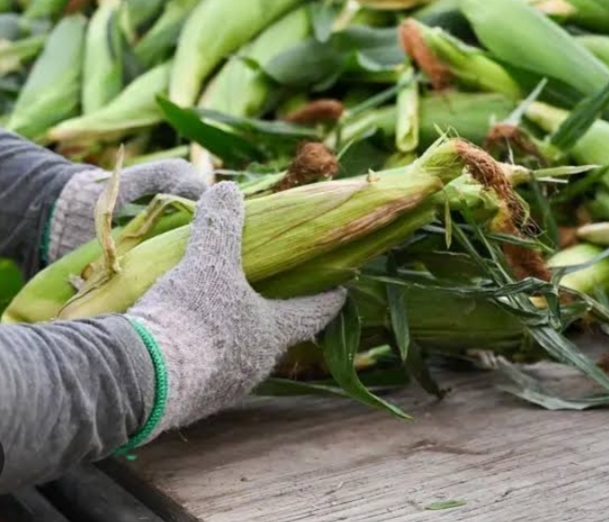Conversations around Genetically Modified Organisms (GMOs) continues to stir mixed emotions in Nigeria as scientists, farmers, and public health experts struggle to find balance between innovation and human safety.
By Anna Moses
While the promise of GMOs lies in their potential to end hunger and improve crop yield, concerns over their long-term impact on human health and the environment remain unresolved.
At a recent training in Zaria on food biotechnology and biosafety, experts emphasized that GMOs are not inherently dangerous when properly tested and regulated.
They explained that the process involves modifying the genes of plants to make them more resistant to pests, drought, and diseases, a practice already approved by the National Biosafety Management Agency (NBMA) and monitored by NAFDAC.
However, several voices in the agricultural and medical community disagree, warning that the technology has crossed ethical boundaries.
Dr. Jackie Ikeotuonye, a nutrition and wellness specialist, cautioned that “when you take genes from animals and insert them into plants, you break the natural order. Every seed should reproduce after its kind. If a plant begins to produce its own pesticide, then we must question whether it is still food,” she cautioned.

Some farmers have also raised alarm over dependence on foreign seed companies. They argue that genetically modified seeds cannot be replanted, forcing them to buy new ones every season, a situation they describe as “modern food colonization,” they stated.
Even at this not all experts share the fear.
Professor Cordelia Ebenebe of Nnamdi Azikiwe University believes genetic modification, when handled responsibly, could still help Nigeria overcome food insecurity.
She explained that “the original goal was to increase food yield, improve taste, and make crops more resilient to climate change.”
According to her, what is needed is “stronger regulation and local participation to prevent abuse” she explained.
Health experts also insist that there is no confirmed scientific evidence linking GM foods directly to diseases such as cancer, hypertension, or organ failure. What remains under investigation, they say, is the possible effect of chemical herbicides especially glyphosate which according to them is widely used in growing GM crops.
Dr. Rufus Ebegba, former Director-General of the NBMA, said the agency’s duty is to ensure that every genetically modified product undergoes risk assessment to avoid allergenic or toxic reactions.
“We don’t approve any GMO unless it passes safety checks. Nigerians must understand that regulation is about protection, not promotion,” he explained.
But aside science, public distrust runs deep. Years of misinformation, weak law enforcement, and foreign interference have made many Nigerians view GMOs with suspicion. Some people don’t see it as a thing of safety but sovereignty, control, and the future of local farming.
As this debate continues, it is believed that all conversations on GMOs is not only about it as food but also about human life and trust. The real challenge is finding a middle ground where technology serves humanity without compromising health or the environment.


